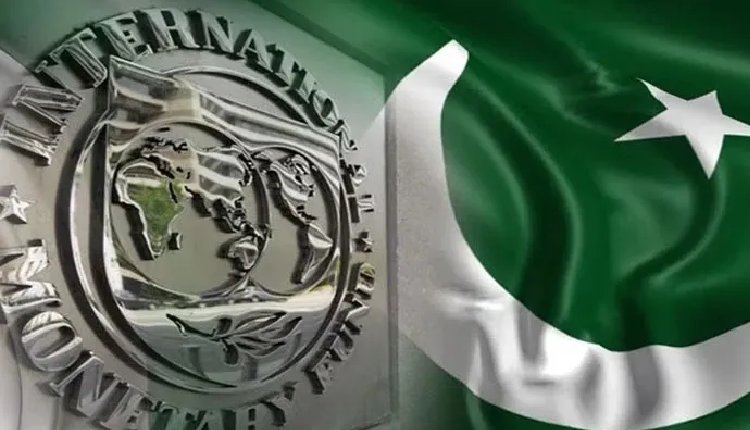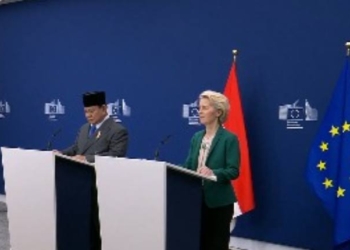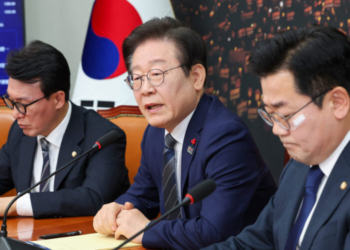Islamabad: At a time when Pakistans economic condition continues to worsen and inflation levels remain on a consistent high, the International Monetary Fund (IMF) has taken a note of the political developments in the country, urging Islamabad to follow the constitutional laws of the land.
In a latest development, the global lender has called on Prime Minister Shehbaz Sharif to follow the constitutional laws to resolve the political disputes, further deteriorating the uncertain political situation in the country, directly affecting the economic condition.
Prime Minister Sharif had recently contacted Kristalina Georgieva, Managing Director of the IMF, seeking to revive the halted $6.5 billion bailout package and to help Islamabad avoid a financial default.
The discussion between Sharif and Georgieva took place held after Pakistan’s Finance Ministry failed to break the deadlock over the loan talks in the past four months.
But even after the high-level talks, the IMF mission chief of Pakistan Nathan Porter has highlighted the political unrest in the country, which many believe is unusual as it expands the IMF’s focus to the political arena also.
“We took note of the recent political developments and while we do not comment on domestic politics, we do hope that a peaceful way forward is found in line with the Constitution and rule of law,” said Porter.
IMF’s statement holds crucial importance because it comes at a time when the current government is doing a crackdown against workers and leaders of Imran Khan’s Pakistan Tehreek-e-Insaf (PTI).
“IMF’s statement is going to push immense pressure on cash-strapped Pakistan, which seems to be linking the revival of the bailout programme with crackdown against PTI workers, abductions of people, breach of the 90-day constitutional limit to hold election in two provinces and trial of civilians in military courts under the Army Act,” said Javed Siddique, a senior political analyst.
Other than the political view taken into consideration with on Pakistan by the IMF, it has also notified its pre-conditions, required to be met in order to unlock the bailout package.
In order for Pakistan to unlock the bailout programme, Pakistan has to arrange foreign loans and restoration of foreign exchange market’s proper functioning.
Experts say one of the reasons why the Prime Minister intervened and contact the IMF MD was because of the recent statement by the Finance Minister Ishaq Dar, who criticized the the lender for being biased and shameful towards Islamabad, if it disapproved of the pending ninth review approval.
However, time is moving against Pakistan as the IMF programme is scheduled to end within a month.
“Sustaining strong policies and obtaining sufficient financing from partners remains the key for Pakistan to maintain macroeconomics stability,” Porter insisted.
(IANS)
















